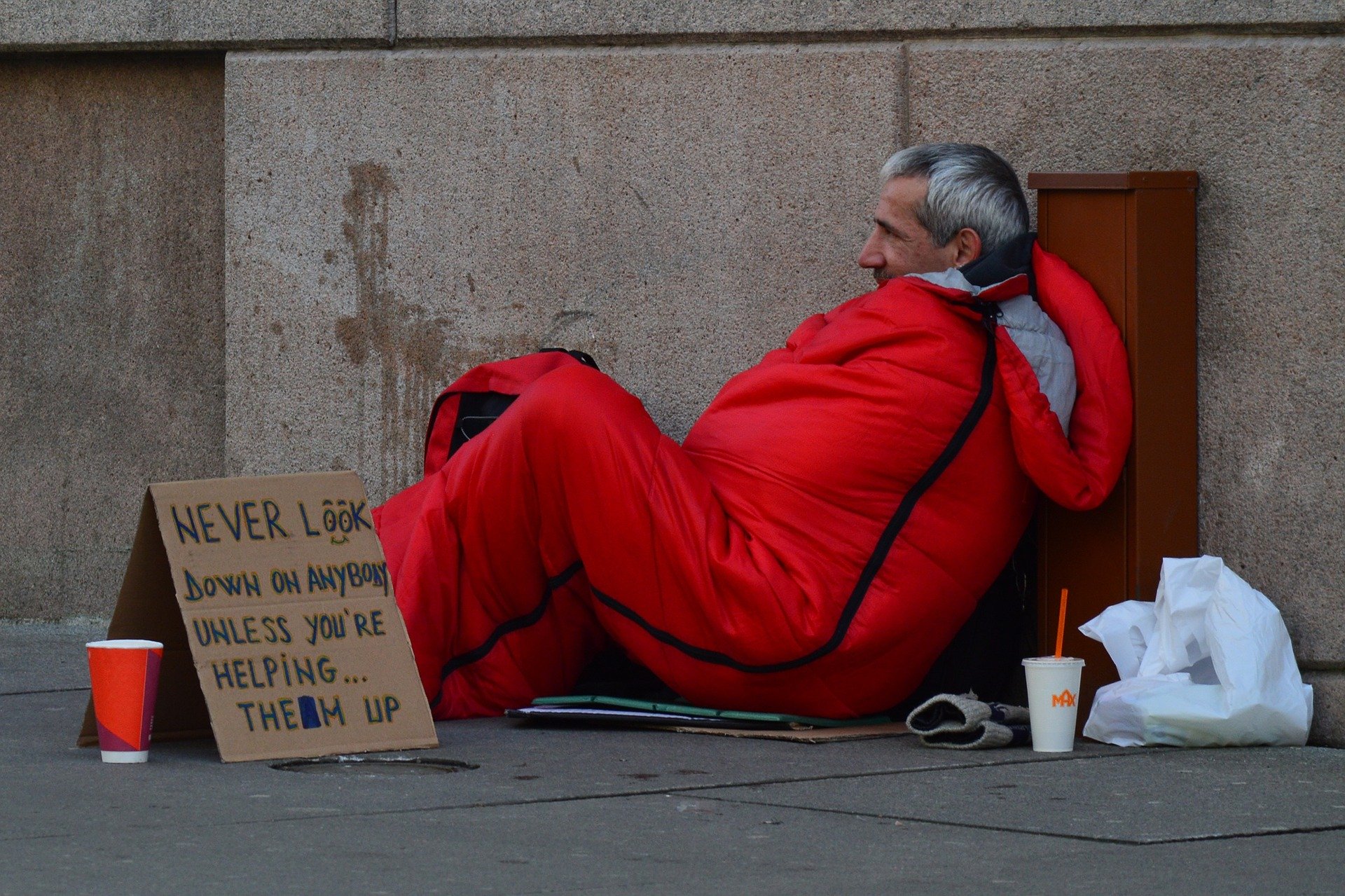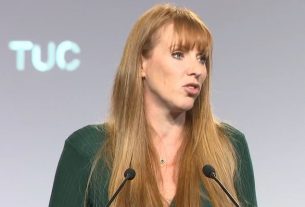When the first wave of the pandemic hit the UK, the government introduced special support measures for coronavirus and the homeless. Rough sleepers got hotel rooms as councils worked to get everyone off the street.
The councils’ action came in response to the government’s special homelessness advisor, Dame Louise Casey, introducing the ‘get everyone in drive’. She had written to all the local councils at the end of March stating that “communal night-shelters and any street encampments” must be “closed down for the time being” citing them as “high risk” when it comes to the spread of coronavirus. She provided councils with a short deadline thus kickstarting a process by which all rough sleepers were able to get accommodation, many of them in hotels.
But in recent days, Dame Casey reiterated her calls. Many homeless charities had reported that some councils were solely focusing on the homeless already sleeping in hotels leaving many rough sleepers to fend for themselves on the streets.
Speaking to Sky News, Matt Downie, Director of Policy and External Affairs at homeless charity Crisis, said that initial efforts had ‘fizzled’ out. Once the initial £3.2 million special government funding ran out, some councils had “run out of money and energy to continue to make sure the job’s still done”, he added.
Coronavirus and the homeless – a chance to end rough sleeping for good
According to government figures, 5’400 people were housed during the crisis although many voluntary organisations and homeless charities have reported an increase in numbers seeking help. On the streets of London, hundreds of people are still sleeping rough.
After leaks mid-May 2020 suggested that the government was withdrawing its emergency funding for the homeless, last week, the government announced it would spend £53 million on housing and tackling the crisis, not just during the pandemic but to end rough sleeping for good.
Speaking to reporters, housing minister, Robert Jenrick, said:
“This government wants to end rough sleeping for good, and we now have a real opportunity to deliver on this moral mission,” adding, “this will be completely transformative and changes the lives of thousands of rough sleepers for the better.”
Head of the COVID19 rough sleeping group, Dame Louise Casey, stressed that additional funding would be required beyond the pandemic, saying she did not want to see anyone back on the streets. On the BBC, she told Victoria Derbyshire that, although the government had made a good start, more action was necessary, urging charities to work in partnership with the government to permanently end the homeless crisis.
While local governments welcomed the government’s announcement, they urged for additional support. A spokesperson for Local Government Association, David Renard, told reporters:
“While the funding for councils to support rough sleepers is positive, we still need clarity from government on what additional practical support will be available to councils to help them move people out of hotels and temporary accommodation and into housing.”
Shelter chief executive, Polly Neate, urged the government to give judges the power to prevent tenant evictions at the end of the eviction freeze period in June, further adding that the homelessness crisis could only be solved by “building the new generation of genuinely affordable social homes that this country desperately needs.”




